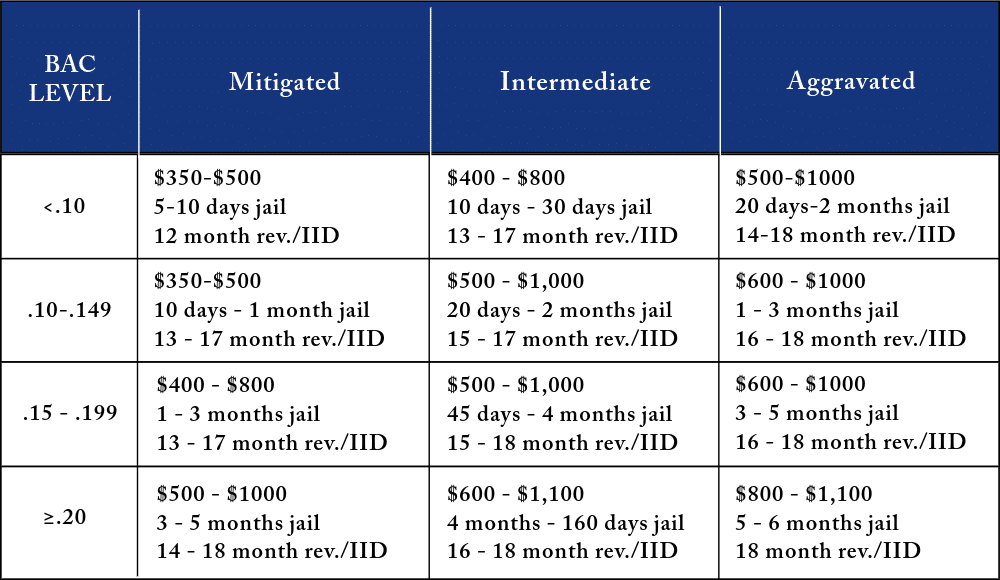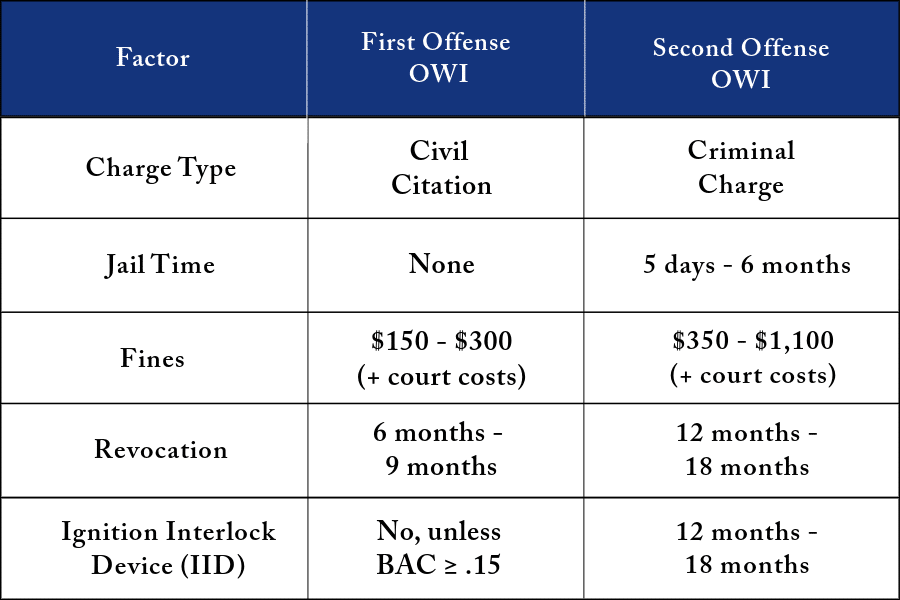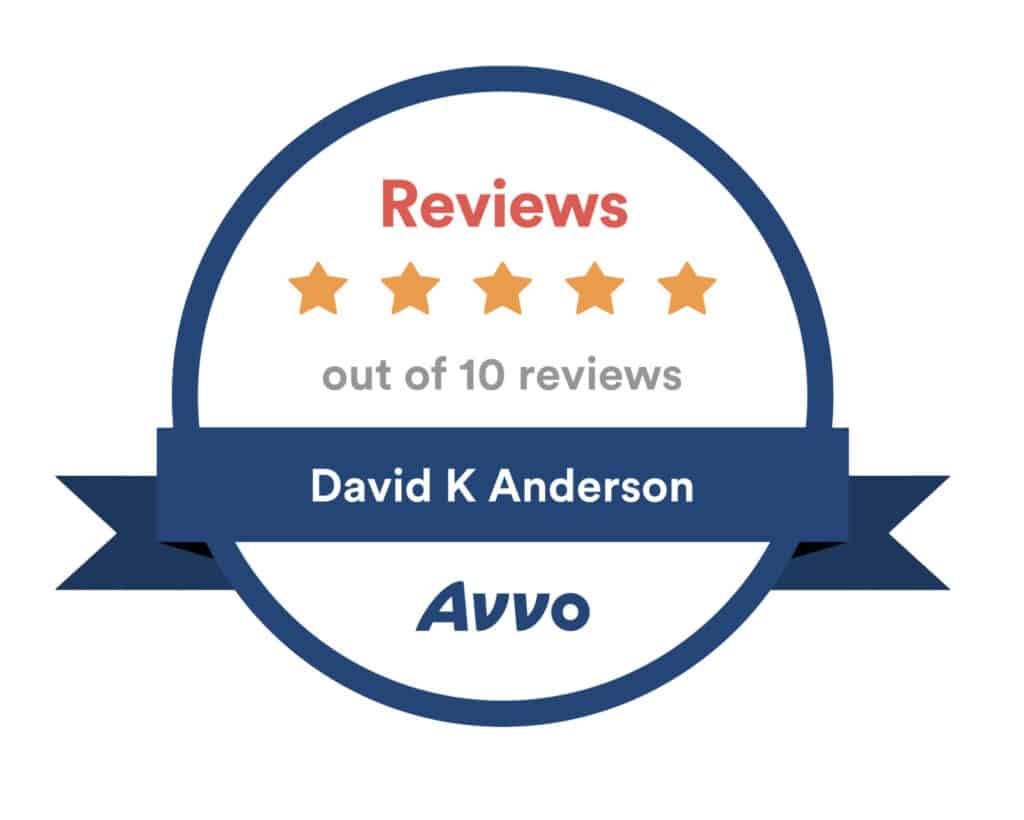Second Offense OWI in Wisconsin
- Our Location
Madison, WI
- Free Consultations
(608) 204-5807
Second Offense OWI Attorney in Madison, WI: Your Guide Through The Process
A second OWI offense in Wisconsin carries significantly harsher consequences than a first offense. With mandatory jail time, longer license revocation, higher fines, and an ignition interlock requirement, a conviction can have long-lasting effects on your freedom, finances, and future.
At DK Anderson, S.C., we understand the serious impact of a second OWI charge and are committed to fighting for the best possible outcome in your case. Whether you were arrested in Madison, Dane County, or surrounding areas, our experienced OWI defense attorneys can help you navigate the complex legal process.
Penalties for a 2nd Offense OWI in Wisconsin
A second OWI is a criminal offense, not just a traffic violation. The penalties include: mandatory jail from 5 days – 6 months, fines of $350 – $1,100 (+ court costs and surcharges), revocation of your drivers license from 12 months – 18 months, ignition interlock device (IID) for 12 months – 18 months, and mandatory AODA and follow up treatment.
The penalties vary based on blood alcohol concentration (BAC), whether the case is mitigated, intermediate, or aggravated as well as what county you are in.

➡ Why These Penalties Are Harsher
Wisconsin follows escalating penalties for repeat OWI offenses. Courts in Dane County, Rock County, and surrounding areas strictly enforce these penalties, especially for high BAC levels or aggregating circumstances.
➡ Can These Penalties Be Reduced?
Yes. An experienced OWI defense attorney can negotiate for lesser penalties or charge reductions. It is important to hire an attorney who knows what the courts and prosecutors are looking at when determining a sentence.
Key Differences Between a First & Second OWI in Wisconsin

🔹 A second OWI conviction is much more serious than a first offense and will stay on your criminal record indefinitely.
Are There Alternatives To Jail Time for a Second OWI in Wisconsin?
Although a conviction for a second offense requires the court to impose a jail sentence, there are things that we can do to help mitigate the length of that sentence. Additionally, there are some jail alternatives & sentence modifications that may be available. Many counties offer alternative options to sitting in jail, such as:
- Huber (Work Release) – Allows you to leave jail for work, medical appointments, or childcare responsibilities.
- Electronic Monitoring/House Arrest – Some counties offer home detention instead of jail time.
- Community Service Alternative – In rare cases, courts may allow 30 days of community service instead of jail.
Not all counties offer these options. For example, Jefferson County often requires a defendant to serve their whole sentence in jail.
Defenses Against a Second OWI Charge
Our legal team at DK Anderson, S.C. builds aggressive defense strategies tailored to each case. Common defenses include:
✔ Challenging the Traffic Stop – If the officer lacked reasonable suspicion, the case may be dismissed.
✔ Attacking Field Sobriety Tests – Many tests are unreliable or improperly administered.
✔ Challenging Breath & Blood Tests – Equipment malfunctions, mishandled samples, or improper procedures can lead to inaccurate results.
✔ Proving Lack of Probable Cause for Arrest – If law enforcement violated your constitutional rights, key evidence may be suppressed.
A strong legal defense can result in reduced penalties, alternative sentencing, or even case dismissal.
Why Choose DK Anderson, S.C. for Your Second OWI Defense in Wisconsin?
✔ Extensive OWI Defense Experience – We know the legal strategies that work in Wisconsin courts.
✔ Respected by Judges & Prosecutors – Our reputation helps us negotiate favorable outcomes for clients.
✔ Personalized Defense Strategies – We analyze every detail to build the strongest possible defense.
Take Action Now – Protect Your Future
Discuss your case with an experienced OWI attorney. Your future is too important to leave to chance.
📞 Call (608) 204-5807 or Schedule a Free Consultation today.
Frequently Asked Questions - 2nd OWI in Wisconsin
No. Jail time is mandatory if convicted, but alternative sentencing (work release or electronic monitoring) may be possible in some counties.
Yes. A second OWI is a criminal offense and will remain on your record permanently. It cannot be expunged.
A conviction results in a 12 to 18-month license revocation. If you refused a breath or blood test, the revocation period may be longer.
With fines, court fees, IID installation, and increased insurance rates, total costs can easily exceed $5,000.
Yes. A second OWI requires IID installation on all vehicles you own or drive for at least 12 months.
5 days to 6 months jail, a fine of $350 to $1,100 plus court costs and a $435 surcharge, revocation of your driver’s license for 12 months to 18 months, ignition interlock device for 12 months to 18 months, and mandatory AODA.
Our Practice Areas
Drunk Driving
Whether you are charged with a first offense, or a fifth offense, our Wisconsin OWI attorneys can help.
Violent Crimes
A conviction for any one of Wisconsin's violent crimes will have significant consequences.
Drug Charges
Our Wisconsin Drug charge attorneys know the law and how to apply that law in the court room.
Domestic Violence
A conviction for a domestic violence charge in Wisconsin has additional consequences.
Property Crimes
Wisconsin property crimes include theft, forgery, and criminal damage to property.
Sex Offenses
Not much will change your life like a conviction for one of Wisconsin's sex offense charges.
Traffic Citations
Although less serious than a criminal charge, a traffic citation can effect your driver's license.






